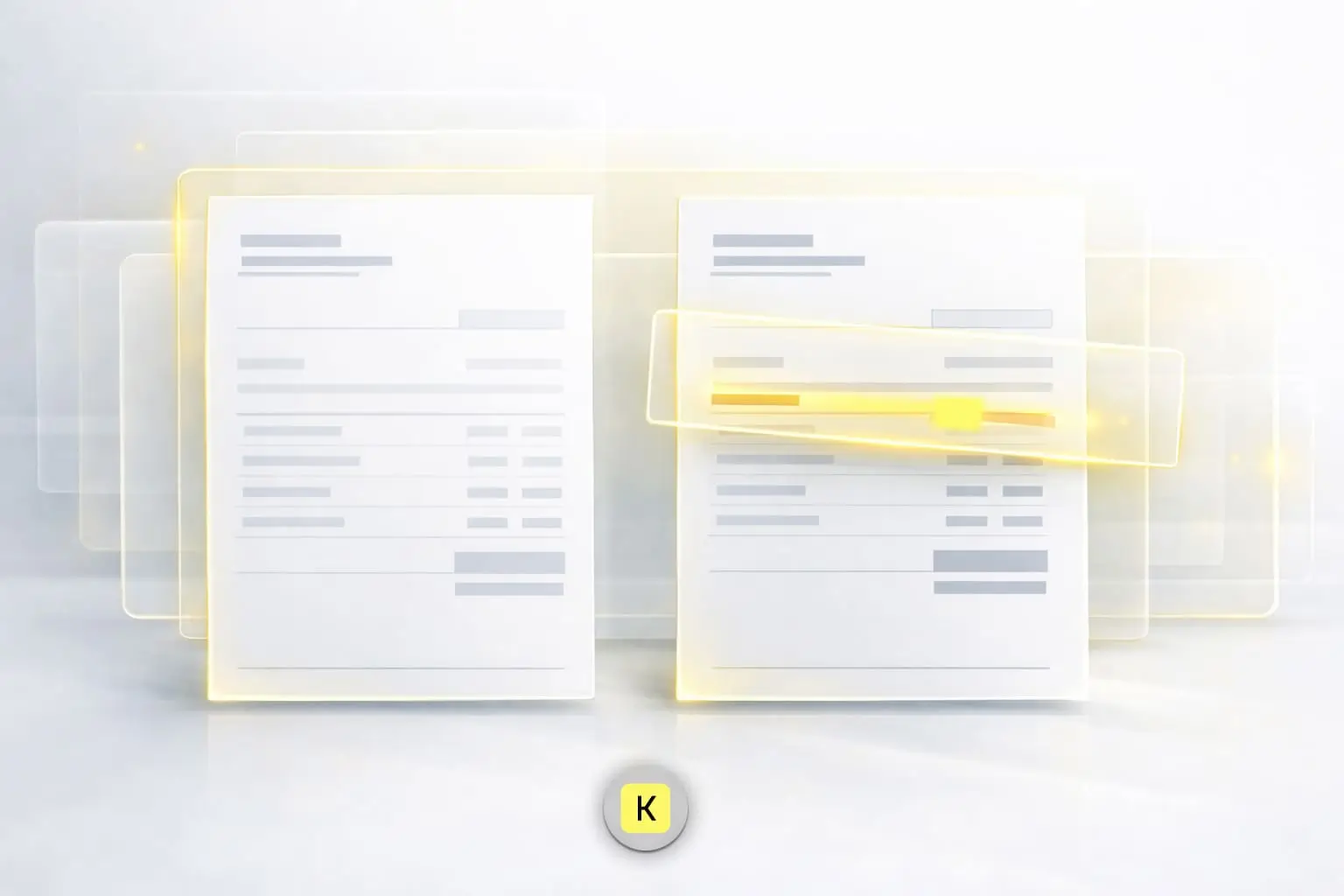
Comparative test of Open Source OCR API tools in 2026: integration difficulty, JSON output quality, self-hosting and real-world benchmark.
Comparatives
Dernière mise à jour :
June 16, 2025
5 minutes
Selection and decryption of the 8 essential functionalities of an ERP dedicated to construction and public works. Discover the essential modules to effectively manage your projects, control your costs, optimize your purchases and monitor your construction sites in the construction sector.
Article presenting a list of 8 interesting features to have in your ERP if you work in the construction sector.
We have selected 8 features That we believe are essential in a good ERP for the construction sector. We Have Ranked Them From Most Important to Optional:

This is THE essential feature for an ERP construction. Project management requires advanced logistics, regardless of your company's size. You need a solution that integrates this need to simplify your tasks:
Goal: Reduce waste, delays, and additional costs due to poor planning or communication errors.
In short, this feature ensures optimal and responsive management of your sites.

Managing purchases and supplier invoicing helps improve relationships with suppliers by ensuring:
This feature is major as it effectively controls costs, optimizes supplies, and ensures project fluidity. This function often relies on document workflows to streamline validation, approvals, and invoice matching between systems.

By centralizing client information (quotes, contracts, communications), the ERP allows for:
Invoice management helps:
This feature is essential as it guarantees the tracking of projects, from initial negotiation to final billing.

A purchase catalog in a construction ERP consists of:
By standardizing available products and services, it allows project managers to quickly select what they need while comparing prices and delivery times.
This optimizes purchases and reduces potential errors!

Tender management in a construction ERP is crucial for streamlining the acquisition process for new projects.
This feature allows you to:
A good ERP is crucial for enhancing competitiveness.

HR management via ERP can provide:
Automating this HR function is not straightforward, especially payroll management. However, it improves productivity, reduces errors, and ensures employee satisfaction while staying within allocated budgets.

Effective integration with other ERP tools is crucial in construction because it allows different systems (financial management, HR, purchasing, etc.) to communicate effectively.
This centralizes all important data in a single environment, reducing duplication of information and errors.
Your ERP doesn't have to be optimal in all areas! It can simply complement the software you currently use in the areas where it is most relevant. Centralized data and structured intelligent document processing allow your teams to collaborate better, and avoid redundancy.

Monitoring standards and compliance in a construction ERP is essential to ensure that projects adhere to current regulations (safety, environment, construction).
By centralizing information related to standards, certifications, and permits, the ERP ensures that every stage of the site complies with legal requirements.
These are the 8 key features we have selected. You can now consult our selection of specialized construction ERPs and choose the one that best meets your needs!
Move to document automation
With Koncile, automate your extractions, reduce errors and optimize your productivity in a few clicks thanks to AI OCR.
Resources

Comparative test of Open Source OCR API tools in 2026: integration difficulty, JSON output quality, self-hosting and real-world benchmark.
Comparatives

Yann LeCun’s vision for the future of AI, beyond LLMs and AGI.
Comparatives

How invoice fraud works, the most common red flags, and why basic controls are no longer enough.
Feature